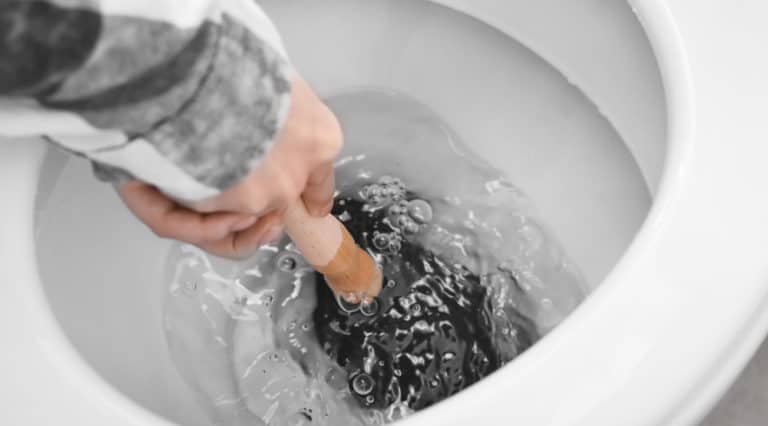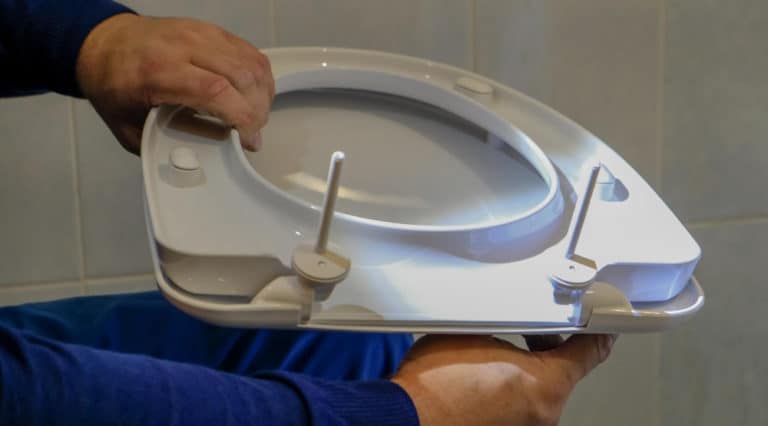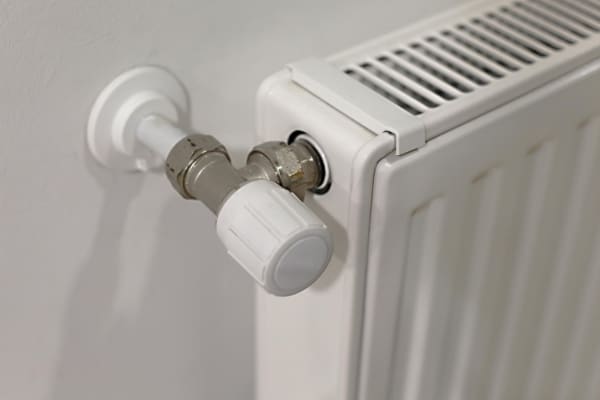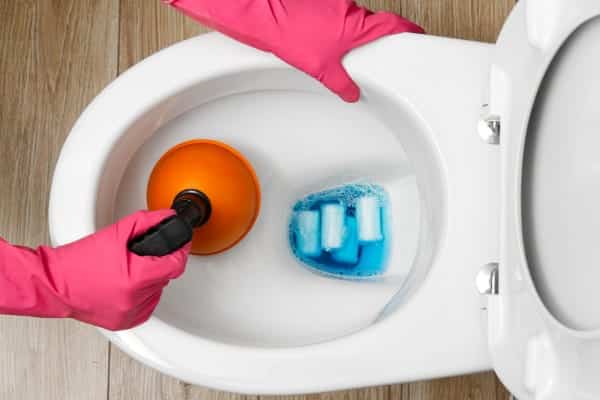Find My Local Expert Steps to Unclogging Without a Plunger...
Read More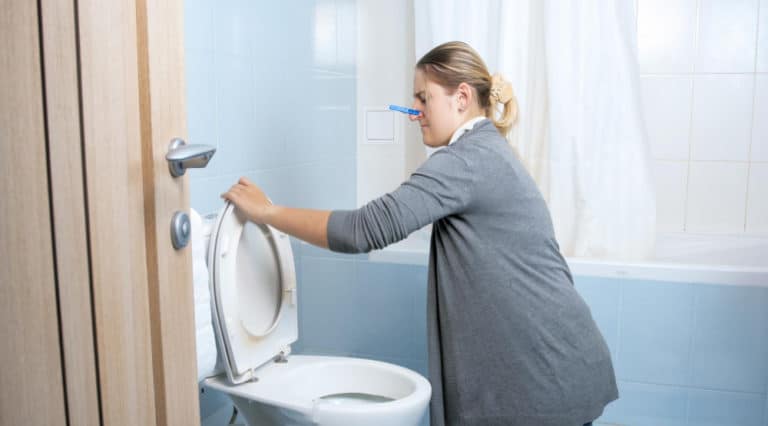
Eliminating That Sewer Smell In Your Bathroom
The pungent aroma of a nearby sewer stench is rarely something you look forward to, least of all when it is coming from your own property. Few people appreciate how little stands between them and the noxious gasses that inhabit the drain pipes below their feet, but they are always there, just a water trap away.
When your bathroom starts to put out sewer-like smells, it is bad for several reasons. Firstly, it is just plain unpleasant. Nobody wants to get a nose full of that kind of odour first thing in the morning. Or any other time of day. Secondly, it indicates that there is a potentially significant problem with your bathroom plumbing that will need remedying as soon as possible. And thirdly, it is a health risk.
There are two main ways in which sewer gases can negatively affect your health. The first of which is the fact that these gases are often flammable, and it doesn’t take a plumber (or a doctor) to understand why flammable gas in your home might pose a health risk.
The second reason is that inhaling the gas can cause all manner of health problems. The symptoms of long terms exposure to this kind of gas vary depending on the individual’s sensitivity to this kind of thing, but they include;
- Headaches
- Drowsiness
- Shortness of breath
- Heart palpitations
And, on top of the potential harm that those gases could be doing to you and other people living or working in the property, they also represent potential property damage, either in the near future or already happening! One of the worst parts about this kind of plumbing problem is that it is often extremely difficult to tell how serious it is without the right tools and expertise.
In short, a foul smell in the bathroom is all kinds of bad news. So how do you eliminate such a smell? Well, the first step is to establish where it is coming from.
How to Isolate the Smell
Assuming the smell is not overpowering to the point where just being in the same area as it is enough to make you gag, the simplest way to locate the source of the smell is to follow your noise. Granted, if the smell is particularly bad, you may struggle to differentiate between the source of the smell and other parts of the bathroom—unless you have a very large bathroom. In most cases, the smell should not be so strong that you cannot clearly tell where it is coming from.
If it is that bad, try opening all the windows nearby, turning on any vents, and getting as much air through the affected area as possible. You won’t be able to get rid of the smell (if only it were that simple) but if you can displace enough of the smell in the wider space, it should make it much easier to isolate the source of the odour.
If you still can’t pin down the source, you will have to get a professional in to find it for you. There is only so much you can do with your nose and limited experience. You should be able to narrow things down to just the areas in your bathroom where there is a drain, such as the sink, bath, toilet, and any other drain points like a bidet or a standing shower.
It’s Not Just the Toilet
There is a common misconception that a sewer stench in your bathroom must be coming from your toilet, since there is nothing particularly smelly going down the drains of your sinks or bathtubs, but your toilet is… well… your toilet.
Contrary to this understandable logic, all the drains in your bathroom ultimately end up in the same place, and if some problem has caused one of those drains to start leaking gas, the gas will be the same coming out of your bath plughole as it would from your toilet.
3 Causes of Sewer Smell in a Bathroom
It can help to understand what might be happening out of sight when trying to wrap your mind around a problem like this, so let’s take a look at some of the most likely culprits for why you might be experiencing sewer gas smells in your bathroom.
Biofilm Accumulation
If the sewer smell is coming from your shower, bath, or possibly even your sink (though that last one is less likely), it could be due to biofilm accumulation. The aforementioned biofilm is a combination of the dead skin and other organic debris that we wash off of our bodies during bath time, along with the various products we use on our bodies that, ultimately, end up getting rinsed down that very same plug hole.
As the biofilm starts to accumulate along the p trap and other stretches of drain, bacteria and decomposing compounds start to release that sewer smell that is so unpleasant to behold.
Unfortunately, the bacteria also emits a stick substance that not only makes it extremely difficult to remove using conventional over-the-counter cleaning products, it also increases the chances of a blockage developing over time. If left to its own devices, this problem will almost certainly become worse, with the smell getting stronger and stronger, and the remedy getting more and more difficult as the biofilm gets a stronger foothold in your p trap.
Dried Out P Trap
The drains in your toilet, sinks, baths, and any other drain point in your home that feeds directly into the sewer should all have a p trap, u bend, or similar arrangement. The shapes and names vary, but the premise is the same.
Water being forced through the trap will push the water in that trap along the pipe, but once the flow of water stops, any water that is sat in the trap will stay there. Trapped. This forms an airtight seal within the trap, with the sewer and all its associated gasses on one side, and your aromatic home and sensitive nostrils on the other.
It is a surprisingly elegant solution for something so dirty, but it is not infallible.
The main problem that this design can run into is evaporation, where the water in the trap is allowed to evaporate away until there has been enough of a lowering of the water level that the gases from the sewer can get through.
Granted, this does not tend to happen on drains that are in regular use. If you only have one shower in your home, you should never encounter this problem, because if you do, it means you haven’t showered in a long time. Regular use of the shower, sink, bath, toilet, or bidet will constantly top up the water in the p trap.
However, if you perhaps have multiple bathrooms in your property and one of them has gone a long time without any use, you may find that the water in the traps and u bends has evaporated enough to let those noxious fumes through.
The good news, however, is that this problem can often be cured by simply running the tap, flushing the toilet, or just upending a jug of water down whichever plughole or drain is the culprit.
Broken or Leaking Pipe or P Trap
If any of the drainage components on the far side of your p trap are broken, not only are they liable to make a lot of mess when you use those drains, but they also have the potential to let those unpleasant smells out.
Unfortunately, any potential break in a pipe like this isn’t guaranteed to proffer a leak where you can see it, as pipes often go behind walls and under floor boards. Similarly, there is no guarantee that a break in the pipe would result in a visible leak. It is unlikely, but if the break is on top of the pipe, the water could slosh right past without ever spilling out, but you’ll still get those unpleasant smells coming the other way.
Other Causes
We’ve picked the above three causes of sewer smell coming from your bathroom as they are quite common, but they are certainly not the only cause. Here are a few honourable mentions;
- Poorly installed or damaged vent pipe
- Broken or loose seal around the toilet outlet
- Build-up in bath or sink overflow
Call a Plumber!
With the exception of evaporated p traps, there really isn’t much a non-plumber can do to remedy this kind of problem. That is, without making a whole new and unnecessary mess yourself. Without the experience and tools, you would have to visually check your pipes for leaks, which could prove a costly exercise if the affected region is behind a wall or under a floor. And even worse if, after checking all the pipes behind a wall, it turns out the problem is something else!
Getting a professional plumber with the knowledge, experience, and tools to take care of the job will save you the stress and unnecessary expense in the long run. And you can rest easy knowing the problem has been taken care of.
You May Also Like...
How to Replace a Toilet Bowl
Find My Local Expert How to Replace a Toilet Bowl...
Read MoreHot Water Knob Isn’t Working
Find My Local Expert Hot Water Knob Isn’t Working Few...
Read MoreEasy Ways to Bleed and Maintain your Boiler
Find My Local Expert Easy Ways to Bleed and Maintain...
Read More6 Reasons Why Your Toilet Bowl Isn’t Flushing
Find My Local Expert 6 Reasons Why Your Toilet Bowl...
Read MoreSewer Stench in Your Bathroom?
My Trusted Expert Guarantee
Experts Have Been Vetted & Approved
